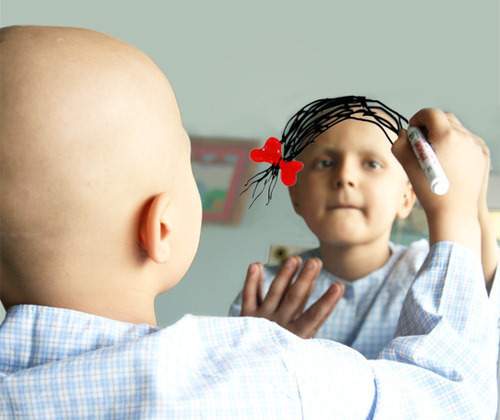Cancer is the second leading cause of death worldwide, with approximately 1.3 million people dying each year due to late diagnosis. If cancer is diagnosed in its early stages, the survival rate is higher. Conversely, if cancer is diagnosed at an advanced stage, the chances of recovery are reduced due to the inability to provide appropriate treatment.
It's worth noting that early diagnosis of cancer can help ensure prompt treatment and limit its spread to other parts of the body, which reduces the risk of death, especially for curable cancers such as:
-
Breast cancer
-
Cervical cancer
-
Colon and rectal cancer
 English
English




